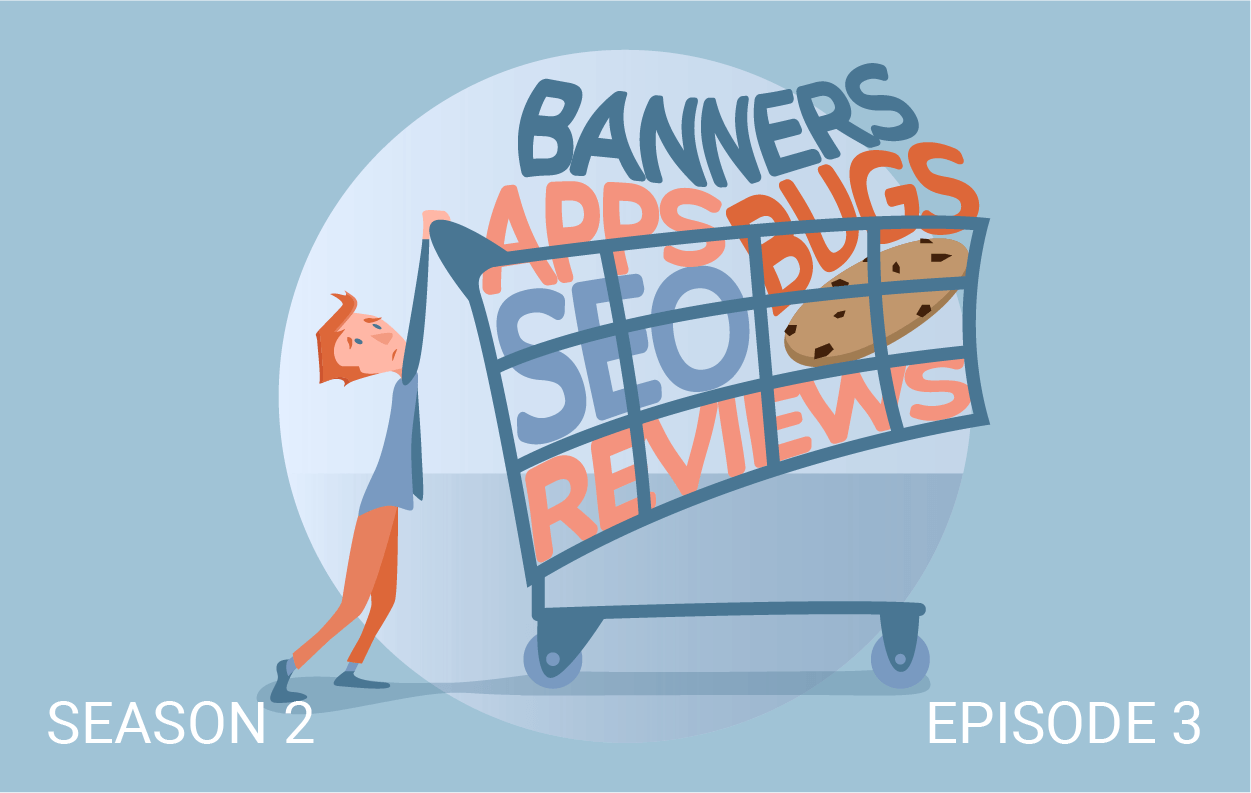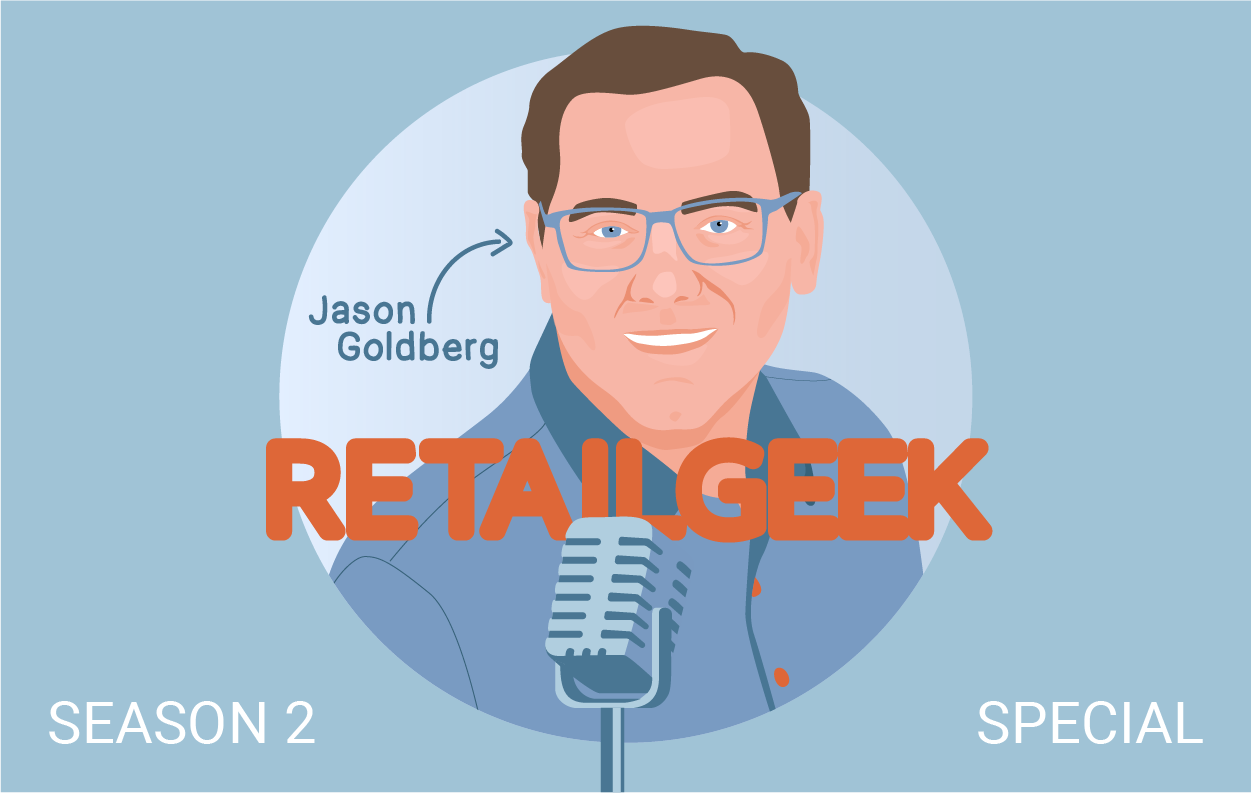
Let me pencil you in
Why are entrepreneurs so bad at turning off?
MAKING IT WORK PODCAST
Season 2 | Episode 2
Working round the clock has always been a strong symbol of entrepreneurship. But does it do you and your business any good in the long term, or is it just a fast path to burnout?
From breaking up your day into 30 minute chunks to fighting fires in the early hours, four small business owners discuss how they manage their precious time and whether you can ever stop thinking about work.
So should you be packing boxes until bedtime? Or is it time to axe the agenda and start putting yourself first?
Listen now
SHOW NOTES
Don’t neglect me-time. Why are entrepreneurs so bad at turning off?
It’s been said that finding a job that you love means you’ll never work a day in your life. And entrepreneurs, more often than not, love their jobs – but they also work extremely hard at them. But when you’re your own boss, who is going to make sure that you allocate yourself that all-important down time?
We ask some of today’s small business owners how they manage to separate their professional and private lives… or not.
Bringing the balance back
Setting those all-important boundaries is second nature for some people. Kat Samardzija, the founder of Chicago workout wear business Locker Lifestyle, has a somewhat regimented approach. “In college – when I first started the business – I had to pick between how much time I wanna spend with class, social life, running the business…” Juggling calls with manufacturers in China with her studies and social life, she broke her day into 30 minute segments. “I had a timesheet that started at 5:30am, right through to 11pm.”
It’s not an approach that works for everyone. “Time management is something I dread,” says Mayra Hernandez, co-founder of Back of the Yards Coffee Co. “I'm a very creative person, I'm an artist, and it's sometimes hard for me to manage my time, to have a strict schedule.” She’s not alone.
“It's not a 9-to-5 job,” confirms Dahlia Rizk, who founded Buckle Me Baby Coats in 2017 to design and sell crash tested coats that can be safely used in a car seat. As a single mom of three, she’s struggled to keep her work apart from her family life. “Year one and year two, I'd be up shipping in my kitchen till 11:00 at night, watching a show with the kids and working through customer service emails.”
Friends, family… and colleagues
“I do know a lot of other entrepreneurs that have really young babies,” she continues, “but they also have a different family system and different kinds of support in their life so that they can juggle those things.”
Dahlia highlights a vital point. Entrepreneurs may start a business by themselves, but they seldom live or work in isolation. Nik Hawks, co-founder of Paleo Treats in San Diego, takes great care to ensure that he makes time for the important people in his life. “I get to spend time with my wife and just enjoy a conversation or a meal with her. We could sell more. We could be way more profitable, but it would cost us. It would cost me so much in joy and time that I don't think it's worth it.”
That consideration needs to be extended to colleagues and business partners in particular, as Mayra has found. “I think the idea of having a business and working with business partners is romanticized, but it's very challenging. We fight like a married couple! What's important to realize is that there's a reason why you have a business partner and that's because you bring different things to the table. And we need to respect that."
“But it just feels like too much sometimes. It can put you in a very stressful situation.”
The entrepreneurs






Nik Hawks






Dahlia Rizk






Mayra Hernandez






Kat Samardzija
Stress and health
Stress is often seen as a badge of courage for entrepreneurs, but compromising your health – and that of those close to you – is not a good idea, as Dahlia well knows. “Everything is a fire and everything is a crisis. It is super stressful. But for me, I don't find what I'm doing to be leading towards burnout. I know when I'm close.” She’s learned in the past to spot the warning signs: a decline in her exercise and self-care regimes and importantly, her sleep.
Kat didn’t quite fare so well. “I burned out after a semester. That was the most exhausted I ever was in my entire life. It wasn't healthy. I didn't enjoy that at all, and so now, I make sure that I'm getting between six to eight hours of sleep.”
Hitting the ‘off’ switch
That is something of a luxury for many people. And knowing when to turn off is only one half of the story – it’s important to know how. It’s something that everyone seems to struggle with to a certain degree. Dahlia previously worked for Merrill Lynch and in her own words, felt every millisecond of the job. “I really looked forward to 6pm. I was ready to be done with the day, not think about work or accounting or jumbo 401(k)s at all until the next day. But with the coats, I think about the coats in the car, when I'm sleeping, when I'm sitting with family…”
“If you want to get a hold of me at five o'clock, that's just not going to happen, my phone will be turned off!”
Nik is at the opposite end of the scale. “I think a lot of that comes from just being super selfish, I know what works for me. And you know, if you want to get a hold of me at five o'clock, that's just not going to happen, my phone will be turned off!”
Mayra is somewhere in the middle – but learning fast. “I had to take a step back and realize that the business is just a part of who Mayra is, but not all of me. I'm also an artist, I'm also a big sister that likes to hang out with her siblings. That realization suddenly gave me the ability to turn off and to go to bed and say, ‘Okay I didn't finish what I had to finish today, but tomorrow I'm gonna go visit my family so I'm gonna go to sleep early'. I learned how to do that, and it's helped me tremendously in many aspects of my life.”
Advice from the front line
Like every aspect of business, juggling work with just living is a learning process. Just as each of our entrepreneurs have learned new things themselves, they also have their own advice to pass on.
Recognizing the importance of those around you – family or colleagues – is something that Mayra highlighted. “Sometimes I will be mad because I'm at the coffee house until midnight, and I'm still cleaning and scrubbing floors. And I'm thinking, how come (my business partner) is not doing this and I am? But, you know, he's working on trying to get us contracts or getting more funding. So both things are equally valuable and essential to the growth and health of our business.”
Dahlia found that utilizing automation could hand her back valuable time. “I found this app called Gorgias that integrates with Shopify. It integrates all my messages, those tickets from every platform into one app, and you could set up macros to answer the tickets. It's taken my responses to customer service questions across platforms from something that used to take maybe three, four hours in my day to maybe half an hour a day.
“I wish it could answer regular questions from my kids as well – can I have a cookie? Yeah, I wish there was a macro for that.”
Nik’s advice is introspective. “Folks will start a business because they want to be in control of their money and their time and maybe their happiness, but mostly their money. And that's a fine reason to start a business. But the question behind that is, what are you doing with your life? Let's say you've got 80 years in the planet. Those 80 years are yours to spend, as you want. You don't always get all of them.”
“When in your last minutes you look back and say, was that the best use of my time? And the answer I think will always be in some degree: nope, I missed that opportunity. Or I should've done this. And in that equation, there is no room for excess money and for extra hard work that doesn't need to be done.”
Listen to the episode
More episodes



Click and mortar: How to build
an online store
You've got a great product, but how do you go about selling it online? We ask our entrepreneurs to tell us how they went from marketplaces and social media to setting up their own web stores.



Ask the Expert Special:
Jason “Retailgeek” Goldberg
It's been a rollercoaster year for retailers. But what exactly has changed? According to consultant Jason Goldberg, not that much – we've just been propelled 10 years into the future. So let's time travel with him to... the present day.